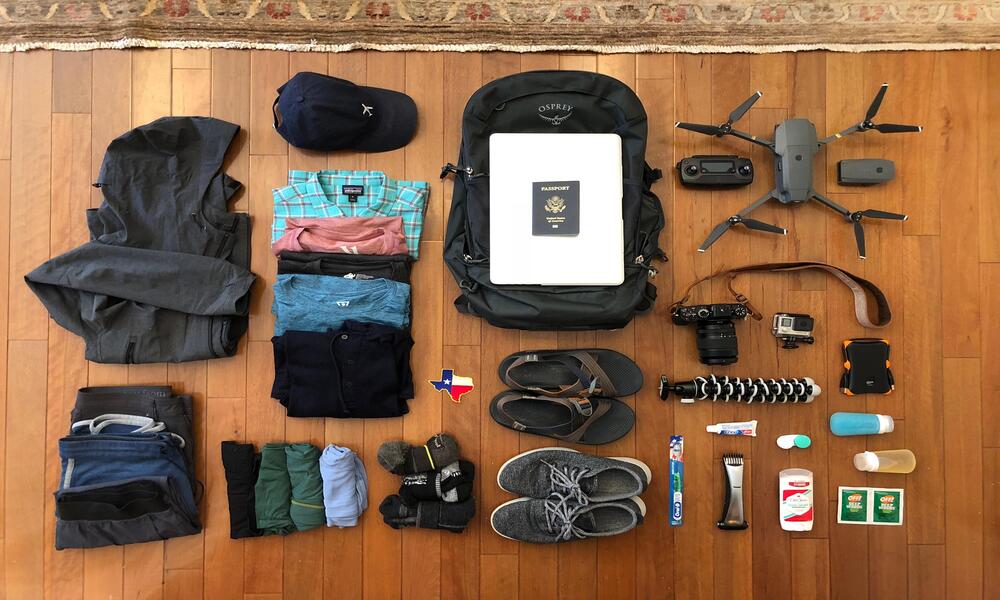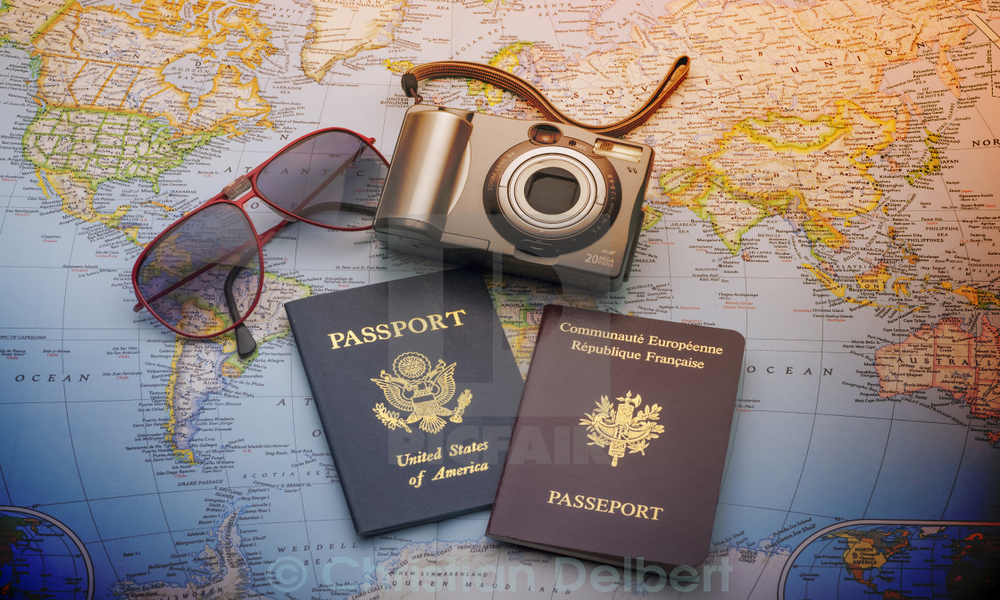
Kenya has some of the most scenic landscapes, a wealth of wildlife, and comfortable accommodations. And it’s no wonder why it’s a hub for safari enthusiasts. A packing list is equally as important as deciding on destinations to visit and what safari activities to do. And it’s vital to know all the packing essentials before going on a Kenya Safari.
So when packing for Kenya, make sure to include just the essentials. In the following guide, there’s everything that you wish to know about packing for a safari.
1. Clothing Essentials

The Kenya Packing List should include all the essential clothing items before you go on a Kenya Safari. Early mornings and late evenings in Kenya are cold. And, the temperatures rise in the early mornings and during the day. So, you should pack both summer and winter clothes.
But, always choose earth-tone colors while on game drives. Like brown, green, khaki, and beige. Don’t pack too many clothes, but make sure to include the essentials like:
- Long-sleeved shirts (lightweight, preferably cotton or linen)
- Warm jackets
- 3 or 4 pairs of socks and underwear
- Beanies and a Sweater
- Khaki pants and a pair of jeans
- Wide-brim hat and sunglasses
- Waterproof Shoes/Boots
- Raincoat
- Bathing costume
- Warm pair of pyjamas
- A Backpack
Please keep in mind that you should avoid wearing camouflaged or military–pattern clothes. Also, pack a single set of dinner wear. It’ll be useful when you’re staying in Kenya Accommodations and for nights in the city of Nairobi.
2. Necessary Documents

Make sure to include all the necessary documents for travel before your Safari in Kenya. You won’t face any problems if you have all the required documents. The following are the documents you should ensure to pack before going on a safari:
- Passport and Visa
- Identification Documents
- Travel Insurance Papers
- List of Emergency contact numbers
- Medical Certificates
- Health Surveillance Form
- Covid-19 negative PCR certificate (visitors who are fully vaccinated don’t have to take a PCR test).
- Guidebooks and Maps (physical or digital)
Note – All travelers must upload their Covid-19 vaccination certificates and test results to the Global Haven platform (https://globalhaven.org/). There’s no need to carry paper of certificates and test results.
3. Technical Items
A Kenya Safari Packing List goes beyond just clothes. Because you’ll want to capture all the moments of your Kenya Safari Tour. Some visitors even choose Kenya as a safari destination for photographic safaris. And, for good reason, because Kenya has some of the best wildlife sightings and scenic landscapes in Africa. The following is a checklist of all the tech gear you will need on a safari:
- Camera (preferably a DSLR)
- Smartphone
- Memory Cards
- A pair of good binoculars (10×42)
- Flashlight or a Headlamp (useful for night game drives)
- G-Type Plug Adapter (240v)
- Chargers for all electronic items (a large power bank is recommended)
Packing a tripod, extra lenses, and a lens cleaning cloth is a good idea as well.
4. Hygiene Products
Most of the camps and lodges in Kenya have shops that sell all essential toiletries. But, it’s always a good idea to bring your products to make sure you have what you require at any time. Below is a list of toiletries that you should pack for Safaris In Kenya:
- Shampoo and Conditioner
- Shower Gel or a bar of soap
- Insect Repellent (with DEET)
- Sunscreen (SPF 30 or higher)
- Hand Sanitizer and Kleenex
- Deodorant
- Prescribed Medications
- Moisturizer
- Body Lotion
- Toothpaste
Notes – You should not bring a hair dryer or straightener. Because if you stay in campsites, the generators won’t be able to handle the load.
5. Things not to pack for a Kenya Safari
Kenya has banned the use of plastic since 2017. This is because of the dangers that non-biodegradable items have on the environment as well as wildlife. So before you go on a Kenya Safari, make sure that your luggage doesn’t have any polluting items. Below are the usual single-use plastics that have been banned in Kenya:
- Grocery Bags
- Garbage Bags
- Plastic packaging material
- Plastic cutlery
- Straws
- Plastic Water Bottles
- Luggage Restrictions
The maximum weight of luggage per person is 15 kg (33 pounds) for light aircraft within Kenya. It doesn’t include any hand luggage and camera supplies. Any additional luggage will be charged (according to the flight carrier).
A note on vaccinations – You need to take some vaccination precautions before Kenya Safari Trip.
The CDC recommends that travelers going to certain areas of Kenya take prescribed medication to prevent malaria. You need to take this medication some days before your Kenya Trip. During and after your trip, consult your doctor about which malaria medicine to take.
If you have any further queries or suggestions, you can contact our safari experts at the following details:
+254 767 500100
Conclusion
Packing the appropriate clothing, tech gear, hygiene products, and documents is required for a hassle-free Kenya Safari. But, you shouldn’t fill your bags with items either. Pack accordingly, and keep in mind to only pack the essentials.
Because you’re going on a once-in-a-lifetime safari you shouldn’t have to worry about carrying extra weight. So that you can just focus on creating memories. So now that you know about the packing essentials, get ready for a memorable Kenya Safari Tour.



0 Comment